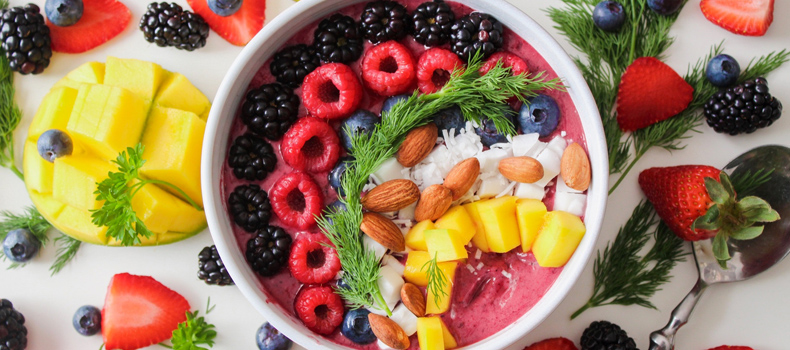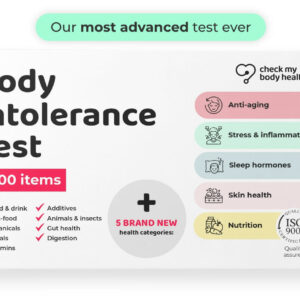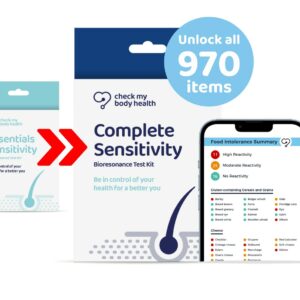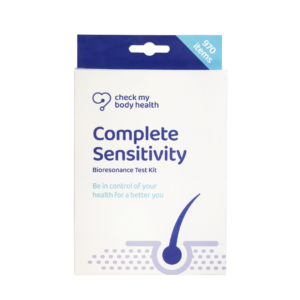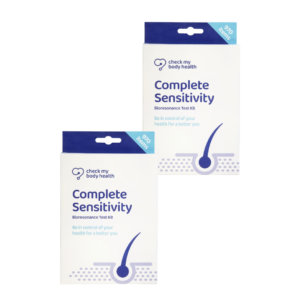Published Dec 14, 2020
Veganism has become increasingly popular in recent decades. While vegetarians avoid meat but often allow themselves eggs and dairy products, dedicated vegans refuse all foods derived from animal sources and even non-food products – for example, leather goods.
A plant-only diet requires effort to maintain but it does offer a number of major health benefits. Studies have shown that eating a diet rich in fiber and botanical nutrients and low in saturated fat means a significantly lower risk of developing chronic conditions like diabetes and even serious illnesses like heart disease or cancer. And of course going plant-based also has ecological benefits and has been cited as a significant way to fight climate change.
But there is a downside to eating vegan. Avoiding animal products means you may miss out on a number of important nutrients. Contrary to popular belief, this does not include protein, as multiple plant foods contain a rich supply, including nuts, soya, beans and whole grain.
Common vegan diet deficiencies
Here are commonest vegan deficiencies to be aware of:
Vitamin B12
This vitamin is found in every cell of your body as it plays an important role in metabolism and regulating the nervous system. But the major dietary source for most people is meat and dairy, so vegans should look for plant foods that have been fortified with vitamin B12, or take a supplement.
Vitamin D
Vitamin D is essential for bone health. Fish is a major source of this nutrient but our bodies also produce vitamin D via a chemical reaction when our skin is exposed to sunlight. Those living in colder climates may need to obtain more from food or supplements, especially during the winter months.
Iron
Our bodies use iron to create blood cells. Red meat is a major source for many people but it can also be found in green vegetables, beans, peas and wholegrain. Taking a supplement will ensure a good supply for optimal health.
Zinc
Zinc is an essential mineral central to metabolism, healing and cell growth. Fish and meat are major sources of dietary zinc but it is also found in a less absorbable form within wholegrains and some beans.
Omega-3 fatty acids
These are another vital nutrient, especially important for heart health. Fish and eggs are rich sources but you can also obtain omega 3 by eating walnuts and flax seeds, amongst other sources.
If you are following a plant-based diet, it is important to compensate for these potential vegan deficiencies by planning your meals carefully. Ensure you eat as plentiful supply of foods rich in those easy-to-miss nutrients as possible, adding a few well-chosen (vegan friendly!) dietary supplements into the mix.
Taking a DNA-based nutrition test will help you stay on top of your nutritional needs. The myDNA Nutrition, Fitness and Vitamins mail-in DNA test from Check My Body Health offers a full analysis of your unique nutritional needs.

